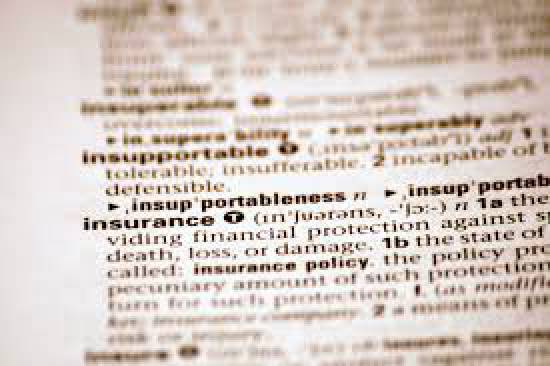-
Lot Size18,296 sqft
-
Home Size2,733 sqft
-
Beds4 Beds
-
Baths3 Baths
-
Year Built2003
-
Days on Market2
What is Private Mortgage Insurance All About?
- Real Estate Tips
- mortgage-insurance, pmi, Real Estate
- March 10, 2015

Real estate professionals get all sorts of questions from prospective homeowners: What are ARMs? How do home appraisals work? Do I really need an inspection?
One question that comes up regularly, especially for first-time buyers, is, “What is PMI and do I need it?” The acronym, PMI, stands for private mortgage insurance, and everyone should at least know what it is and how it works before diving into their first real estate transaction.
Just the facts
Private mortgage insurance allows home buyers to acquire a property without having to pony up the typical 20 percent down payment. Young buyers, and even older folks looking to buy upscale homes, often use PMI as a way to seal a deal without making a hefty down payment.
The so-called “insurance” aspect of PMI protects a lender in case of default by a buyer. The lower the down payment you wish to make, the higher your PMI premiums will be. In a way, PMI works like any other kind of insurance. If you wanted a theft policy on an inexpensive car, it would cost you much less than the same policy on a classic Rolls Royce, for example.
The checklist: Here’s what you should know about PMI, whether you ever intend to use it or not. Who knows, some day in the distant future you may be shopping for a massive piece of commercial property and will turn to PMI to smooth out the deal.
- PMI policies let buyers put up less than 20 percent in a down payment, usually just 5 percent or less.
- The PMI policy premiums are included in your monthly mortgage payment, making it higher than it would be if you did not need PMI.
- Keep in mind that private mortgage insurance is not homeowner’s insurance. PMI protects the lender’s financial interest, while a homeowner’s policy protects you against certain damages that might occur to the property.
- You can usually cancel the PMI premium (and policy) once your equity reaches the 20 percent point.
If you think you might need mortgage insurance, be absolutely certain to discuss this topic with your real estate professional from day-one. There are various federal laws that pertain to PMI contracts, but they change from time to time. Real estate professionals and lenders stay up to date on all the particulars, so don’t hesitate to ask questions.



